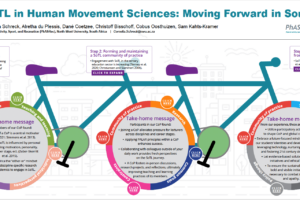From TLI: Instructor-Student Rapport in Taiwan ESL Classrooms
Abstract: Positive relationships between instructors and students are critical to effective learning in the classroom. Rooted in the Scholarship of Teaching and Learning (SoTL), and centered at the crossroads of interpersonal communication and instructional communication (Affective Learning Model), this study examines how instructors in a Taiwan ESL school build relationships with Taiwanese students. Instructors were interviewed regarding the behaviors they use to build rapport with their students. Results show that instructors build rapport with their students using several specific techniques: uncommonly attentive behaviors, common grounding behaviors, courteous behaviors, connecting behavior, information sharing behavior, a balancing of connection and authority, adaptation of rapport to student level, and provision of a respite to norms. The findings provide specific examples of how instructors can build rapport in intercultural classrooms.
Read more in:
Webb, Nathan G., & Obrycki Barrett, Laura. (2014). Instructor-Student Rapport in Taiwan ESL Classrooms. Teaching & Learning Inquiry, 2(2), 9-23.
Once or twice a month, the ISSOTL blog will feature abstracts from Teaching & Learning Inquiry. Paid membership in ISSOTL includes access to the full-length articles.




